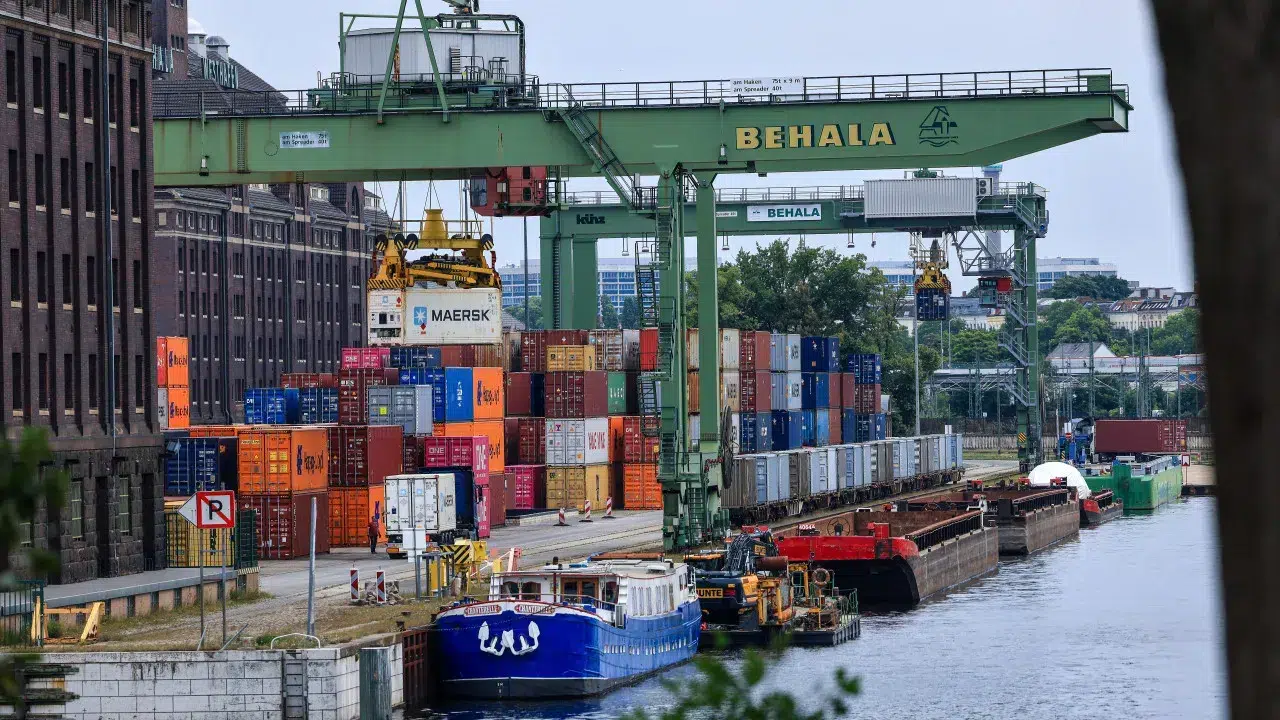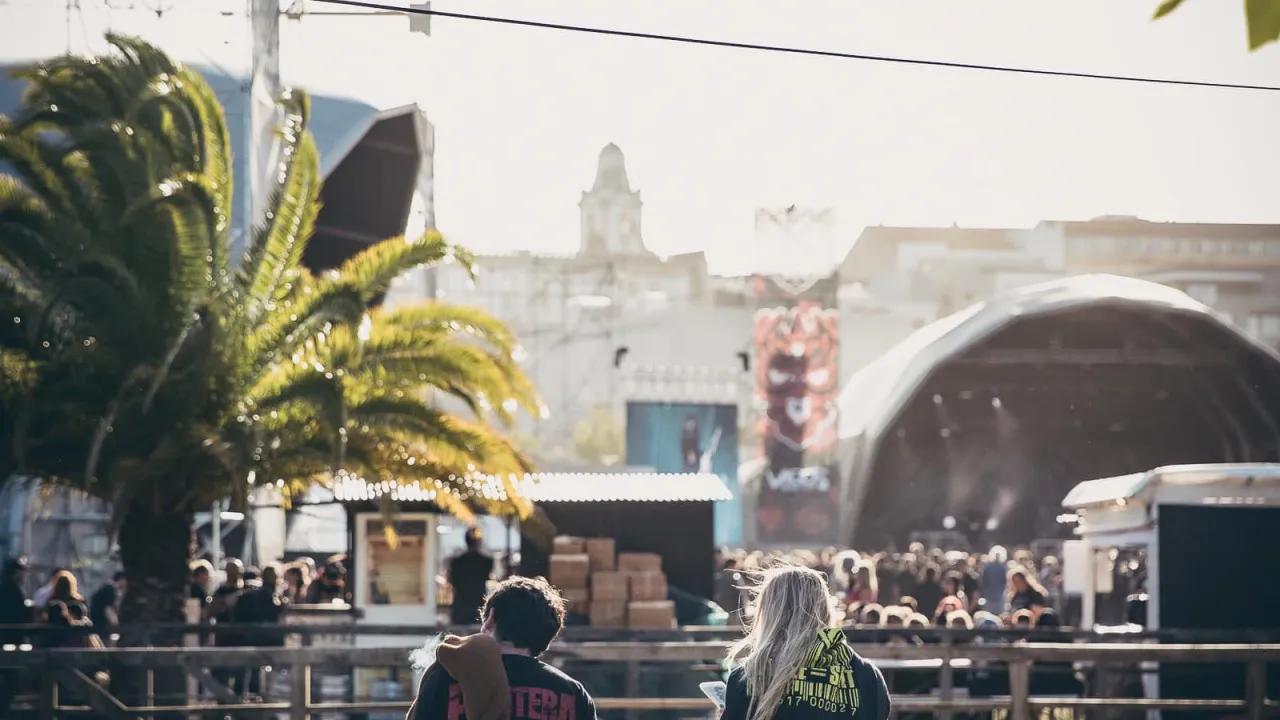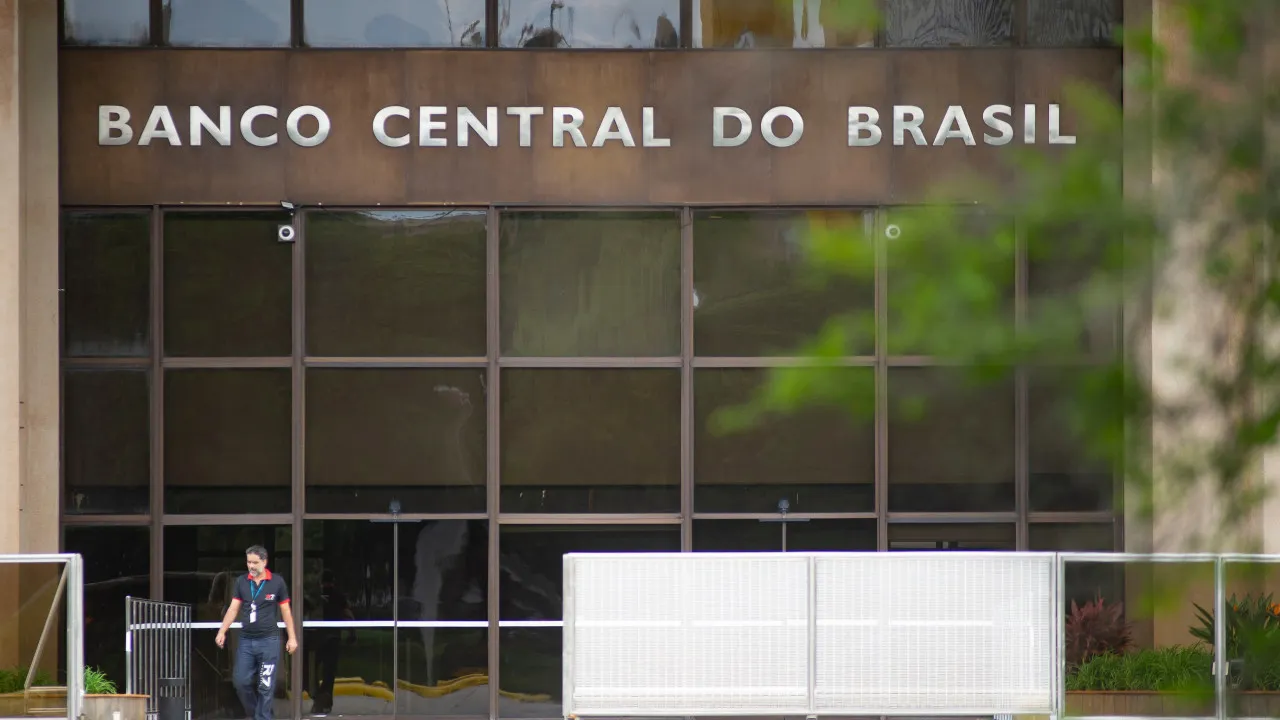
In the first quarter of the year, Germany’s Gross Domestic Product (GDP) increased by 0.3%, following a decline of 0.2% in the last three months of 2024, closing a second period of recession.
The Federal Statistical Office (Destatis) reported that investments in equipment and construction between April and June were lower than in the previous quarter, while public and private consumption expenditures increased.
Year-on-year, the German economy in the second quarter remained stagnant with zero growth at constant prices, while data adjusted for price and calendar effects showed a growth of 0.4%.
After the recovery in the first quarter, following two consecutive years of recession, the German economy contracted again from April to June, during a period where the most recent forecasts suggest minimal growth.
The International Monetary Fund (IMF), in its predictions published on Tuesday, stated that the largest economy in the eurozone will grow by only 0.1% in 2025, whereas the previous forecast still anticipated zero growth.
The tariff escalation initiated by US President Donald Trump and the ensuing uncertainty is the main factor undermining hopes for the recovery of the German economy, which heavily relies on exports to the US.
During the first quarter, anticipation of high tariffs led the market to expedite exports, which had a stimulating effect on industrial production that has now dissipated.
After months of volatility, the preliminary agreement reached between the US and the European Union last Sunday, which sets a single tariff of 15% on European goods, was welcomed with relief by the German government, which views it as a lesser evil compared to more catastrophic scenarios.
However, it acknowledged that it will be a “challenge” for the German industry and even for the powerful automotive industry, which was relatively favored by the reduction of projected tariffs from 27.5% to 15%, but warned that the agreement will cost “billions” annually.
Despite everything, last month the outlook was still relatively optimistic, with the Organization for Economic Cooperation and Development (OECD) predicting a growth of 0.4% this year, thanks to improved confidence and increased consumption enabled by rising real wages.
The German institute Ifo also revised its spring forecast upward, from 0.2% to 0.3%, and considered that after hitting bottom in winter, the German economy is ready to emerge from the crisis.
However, they emphasized that the recovery largely depends on the new government of Conservative Chancellor Friedrich Merz implementing the promised measures to reactivate the economy, including structural reforms, tax relief for companies, and billion-dollar investments in infrastructure and defense.




